'Anora' and Letting Characters Be People
On representation, giving grace, and rediscovering our power as an audience
We’re far enough away from the Oscars fallout that I feel I can finally write about Anora again, and I have to say, very little surprised me about the discourse on this film post-Best Picture win. That is, no sooner did this universally-lauded flick land that statuette did I see a rapid influx of essays about how Anora isn’t that good, actually.
These are the kinds of stalemates that the new film criticism wants to leave in the past. If all we’re doing is saying that Anora is good, all a reader has to do is say “Well, I don’t think it’s that good,” and all of a sudden, we’re right back to square one. No ideas have been exchanged, no one’s more journeyed for wear, and Anora gets reduced to the subject of a decidedly unhelpful spirit war.
Anyway, that isn’t the stalemate that I’m primarily interested in touching on today. Instead, I want to zero in on two of Anora’s major achievements that have only been discussed peripherally:
Becoming an Oscar-winning film about a sex worker that has been praised and commended by the sex worker community, and…
Becoming an Oscar-winning film about a sex worker that has been knocked and lambasted by the sex worker community.
So which is it? Has Anora advanced representation for a marginalized community, or regressed it? Maybe we ought to just throw our hands in the air and surrender Anora to the beast of neutrality since we can’t seem to agree on this one. After all, art is subjective, right?
Sure, but when has that ever stopped me? Why should it stop any of us?
Now, I am not nor have I ever been a sex worker, and I am therefore in no position to be commenting on behalf of the sex work community. But, I wanted to use Anora — together with both the praise and pushback from the sex work community that it’s received — to explore representation as a phenomenon, since representation is effectively a microcosm of film criticism — particularly modern film criticism — that we therefore ought to acutely reassess in its own right.
With Anora in particular, there seems to be a retroactive pressure on the film to show us that Ani has a full and remarkable life, as though it’s her responsibility to be the model member of the underrepresented group that she’s a part of. 1
But, rebelliously, Anora constructs itself in a way that indicts the burden of proof placed upon Ani’s personhood. It does this by contrasting the film’s very apparent — and strategically dishonest — interest in her with Ani’s own coldness.
Because here’s the thing; when Anora is being criticized for things like not showing much of Ani’s life or character outside of sex work (and when it does, it’s not particularly positive), we’re asking for access to Ani, but we’re seeking that access from a place of artificiality and transaction. That is, she’s being tasked with showing proof of complexity and richness in exchange for our empathy.
The camera reflects this dynamic; it’s often lazy, drifty, unmoored, and disinterested in sincerely probing the characters (you can pretty easily imagine Vanya operating the camera for a lot of these scenes). But there are also a good many frames that fix themselves firmly on Ani, even zooming in on her, as if trying to ram its way to her interiority.
These two contrasting frames suggest a dishonesty from the camera. It has very little in the way of independent conviction, and yet seemingly demands to know more about Ani. It wants something from her — something raw and personal.
It’s Ani herself, however, who’s always looking off to the side, avoiding the camera’s gaze and keeping herself closed off and distant. In fact, there’s just two moments in this movie where the camera is given permission to meet Ani’s gaze:
When Ani is gagged and bound, and therefore has no choice but to be looked at, whether she wants to be or not.
In the final scene, when she’s in the car with Igor, who has bookended his many non-transactional acts of kindness by returning Ani’s ring to her. Importantly, it’s not the camera to whom Ani is giving access to here — it’s Igor, who showed her kindness/empathy without expecting her to earn it.
In this scene, Igor also looks directly at the camera, which is now standing in for Ani. And when Ani looks at the camera here, the camera is standing in for Igor. This is visibility based on proven and genuine empathy, rather than entitlement.
Moreover, notice how whenever the camera comes close to meeting Ani’s gaze but doesn’t quite gain it, her gaze is often pointed up. She’s not immediately interested in being seen; she’s just trying to move forward in some way, even (or especially) if moving forward ultimately leaves her in the same position she already was.
This to say, Ani is a fantastic character precisely because she refuses to live up to anybody’s expectations or thresholds (most pertinently, us viewers), and instead focuses on what she needs. I see all this finger-wagging towards Ani with regard to setting a good example — to having positive interactions outside of her life as a sex worker — but she has her hands full trying to survive.
And sure enough, that’s the thematic pivot point of Anora — survival, and solidarity with those who are simply trying to survive in this world. This is the basis of whatever bond Ani shares with Igor, who’s all too familiar with selling his body for the sake of making it through another day — a body that harbours a whole person that deserves to be valued for the sole fact of their humanity.
Vanya ultimately becomes Ani’s reprieve from all of this survival. By marrying Vanya, Ani no longer has to worry about simply making it through each day — her base survival needs are now covered. She can dare to thrive, dare to be vulnerable, dare to love.
And indeed, resting on Vanya’s shoulder as he plays video games, Ani glances up at him and timidly (that is, uncharacteristically) probes about his family, who she hopes to be liked by.
It baffles me, then, that Anora has been criticized for not humanizing Ani enough, as if it’s not the job of us as viewers to recognize Ani’s humanity ourselves — why does she have to prove to us that she’s worthy of empathy by putting her inner life on display for us and having interactions that she doesn’t have the time (and, ostensibly, the emotional bandwidth) for?
This is the challenge that Anora poses to us viewers; by having the camera clash with Ani’s aloofness, we’re meant to understand that we are not entitled to Ani. Realizing this, are we still going to empathize with her if she’s not allowing us a peek behind the curtain? Should her humanity not be assumed? If we’re demanding to be shown extra dimensions of Ani in exchange for our empathy, is it really Ani the sex worker we’re empathizing with?
Criticizing Anora for not exploring the boundary between Ani the person and Ani the sex worker implies that we need that separation to be able to see Ani the sex worker as a person.
And folks, I will plant my foot on the assertion that we very much do not need that. Plus, if one well and truly pays attention to Ani, it’s not difficult to spot the pain that she’s in and subsequently reckon with her humanity:
The way she pushes her hair out of her face, revealing her scar when she realizes that Vanya isn’t going to fight for her before they step into the courthouse.
The way she swallows when she overhears someone writing her off as an inconsequential whore.
Her pleading with Vanya to “look at me, look at me.”
The way she constantly pushes her hair out of her face as she’s having sex with Igor because she wants to continue being seen.
That last point brings us to the film’s ending, itself having been critiqued to the tune of how real-life sex workers aren’t looking to be saved by a man, which I rate as a misinterpretation.
Let’s repaint the picture: Ani and Igor have just returned to her apartment, and Igor goes behind Toros’ back so as to return Ani’s ring to her — the last of Igor’s many acts of non-transactional kindness towards Ani, whose livelihood and survival have long been defined by transactions of the interpersonal persuasion. Suddenly, Ani is tasked with responding to a kindness — an offering of some sort — that she wasn’t expected to earn, and had no dimension of transaction whatsoever.2
How does she respond? By trying to have sex with Igor in his car, followed by collapsing into his arms and sobbing before the film cuts to black.
Her response, then, is two-fold — she instinctively returns Igor’s kindness with a sexual favour, such is her impulse from all the time she’s spent surviving on interpersonal transactions. This implies that, on some level, she recognizes that kindness as something that’s valuable to her, but still isn’t quite comprehending the idea of receiving it without the giver expecting something in return. These revelations, after she just lost her marriage to Vanya — the thing she had been relying on to escape from her state of constant survival.
Igor did not rescue Ani — he simply chose to see her a person without expecting her to earn such recognition or kindness. He is the exception rather than the norm, and that is profoundly heartbreaking — when you’ve had to so ruthlessly zero in on surviving, surviving, surviving, that you don’t even realize you’ve gotten to a point where being seen and valued for the fact of your humanity feels like an unrecognizable, hollow dream. That’s why Ani cries.
Nobody deserves that, and yet, that’s the position that Ani is in. The film ends with her reckoning with that. It’s a crushing revelation, with the slightest glimmer of hope — not in that she’ll find a rescue in Igor, but in that she can now move forward with this understanding. All she needed was for someone to fully, selflessly, non-transactionally empathize with her. In many ways, that’s all anybody needs.
And so I ask again, why must Ani prove to us viewers that she’s worthy of being seen and valued when Igor seems to have no trouble recognizing her humanity? Why are we locking this unthinkably valuable empathy behind the condition of Ani earning it?
It’s true that very little of Ani’s more nutritious personhood is given the time of day, and that she generally comes off as a sardonic and cantankerous jerk whenever she’s not doing sex work. But why must she temper our egos with multi-dimensionality like she tempers the egos of clients with a forced, pleasant, flirty demeanour to go with her body? Why should she concern herself with having positive interactions for the sake of winning our empathy, which won’t put food on the table, and which I would also argue isn’t even real empathy at that point?
Because let’s not forget that Ani is focused on survival, and can’t afford to worry about any labour — emotional and otherwise — that doesn’t pay the bills, hence her sardonicism, venom, and snappiness. And if our asking price for our empathy blows right past labour and into the realm of vulnerability and emotional risk? Forget it.
What if, instead, we took a page out of Igor’s book and recognized that she’s worthy of empathy and genuine kindness on account of the fact that she’s a human being, and maybe she’s just doing the best she can right now — sardonic, venomous, and snappy guardedness and all. Does that strip her of her right to be recognized as a human being? A human being with Disneyland dreams and a name that means “light”? A human being that wants to be seen and valued but has had to settle for survival?
Does she have to be more to be worthy of our empathy?
Anora does not answer this question, because it trusts us enough to be able to give the correct one.
Now, do we need more stories to zero in on the joy that members of underrepresented groups are capable of experiencing? Yes, absolutely. What I’m finding, however, is that cinematic representation is being defined either by how well it satiates an individual, nebulous satisfaction, or by how well it ticks boxes on a detached and sterile metric.
And so all of a sudden, the onus gets placed on the film to pour a universally agreeable (read: impossible) cocktail of marginalized pain, challenges, joy, and flaws. This, while somehow telling an original story (insofar as any story can be original at this point).
These made-up rules of representation are actually antithetical to the factual diversity of the marginalized experience, which this overly-attentive modelling approach is more a xerox of than anything. There’s trans people that harbour little love for Emilia Pérez while dishing out all the applause for The People’s Joker, and there’s trans people like me who are the exact opposite.3
To each their own, of course, but it remains that film criticism can’t continue to riff on cinematic representation with mere matters of opinion. We need to observe the representation. We need to involve it directly in the conversation rather than centering the conversation around our reaction to it. We need to rediscover our responsibilities as viewers — empathy is one of them.
Anora is a brilliant achievement in this regard. Both narratively and technically does it serve up an empathic challenge for us viewers, insisting upon Ani’s humanity and forcing us to reckon with it despite our rightful lack of entitlement to it. While Ani endeavours to transcend the need to survive, Anora allows her to transcend the need to prove that she’s a whole person, and if that’s not a respectful portrayal, I’d love to know what is.
This, I think, stems from a certain anxiety that many marginalized people, myself included, will be familiar with. That is, the actions of one marginalized person can have a much more potent ripple effect on the public perception of the group that they belong to, compared to those who harbour more privilege. Privilege, of course, is directly related to what a society values in terms of personhood, and the more valuable the personhood is considered to be, the more prevalent their individuality will be in the public eye.
When Stephen Paddock murdered 60 people in Las Vegas back in 2017, the public perception of white men was unaffected, and no white man was worried about how their place in society might get affected, because it wouldn’t. But if the shooter had been trans? You can bet that trans people everywhere would rightly fear being lumped in with the shooter.
You couldn’t say the same about her marriage to Vanya.
I am thrilled that The People’s Joker exists both conceptually and in the sense of its actualization, but I’m dumbfounded by the queer storytelling pedigree that’s been bestowed upon it.




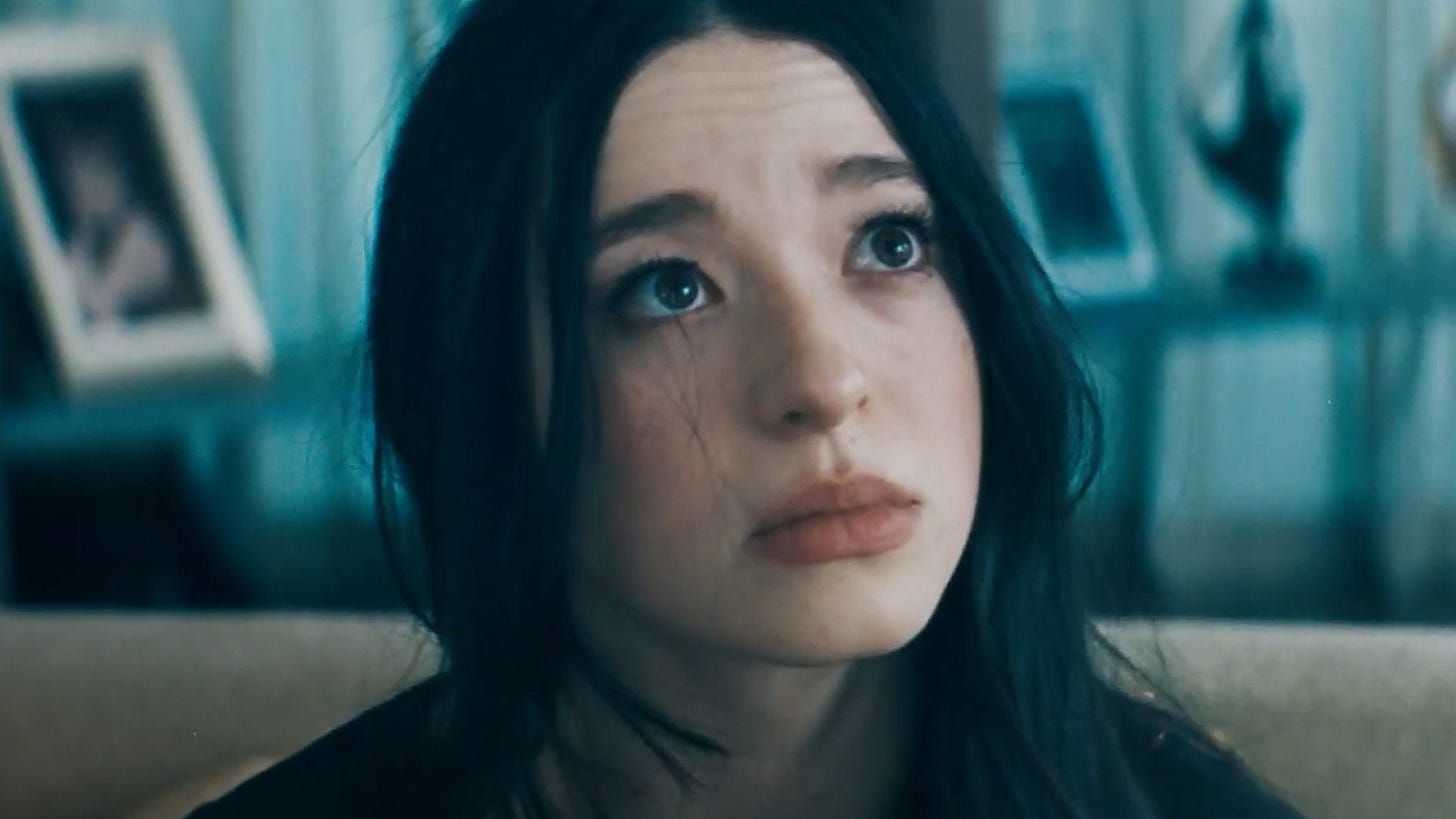
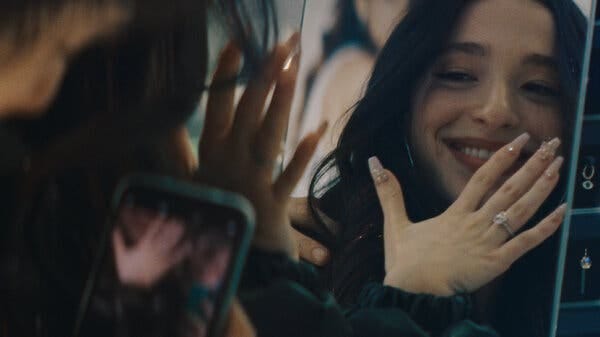
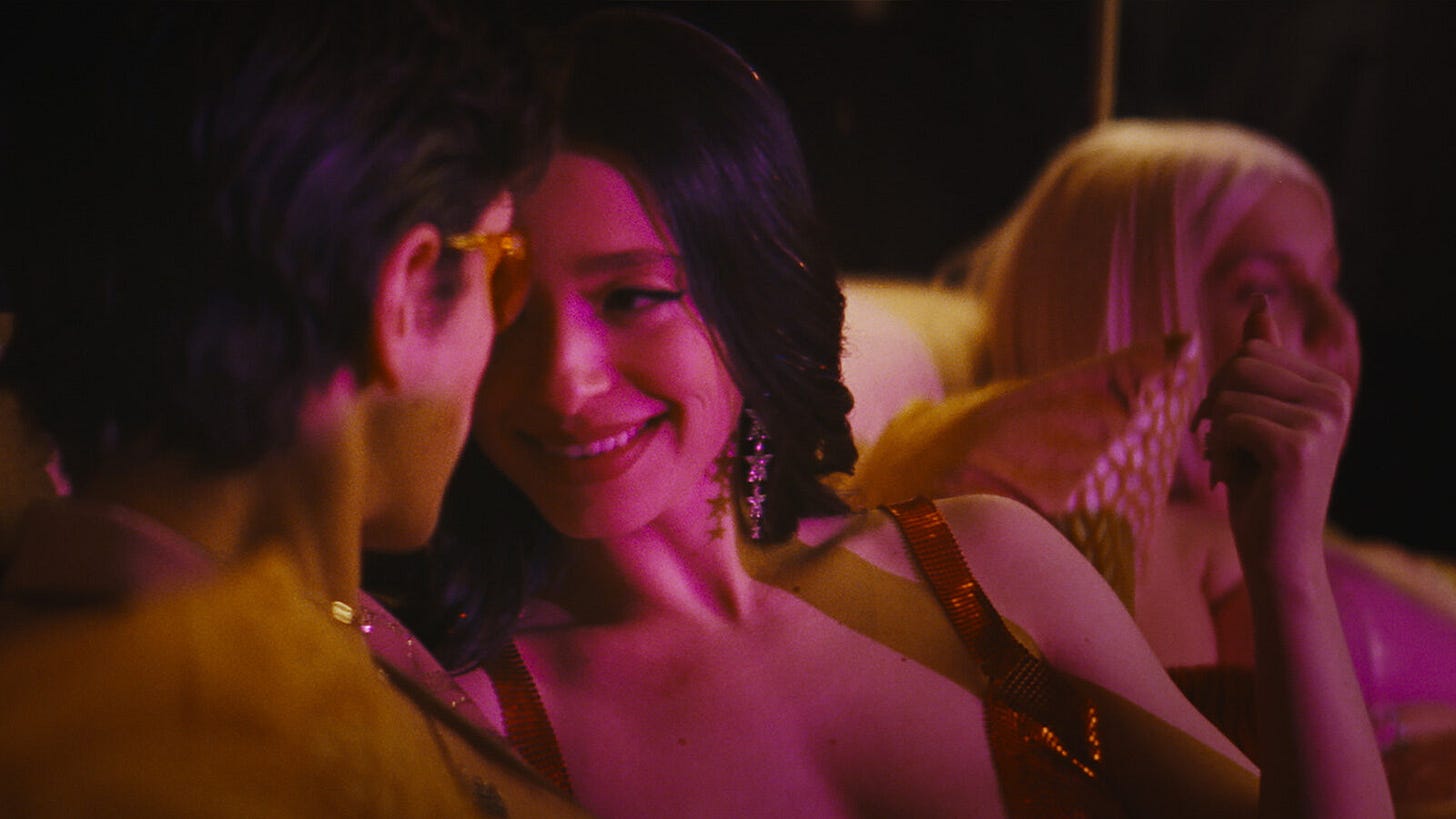
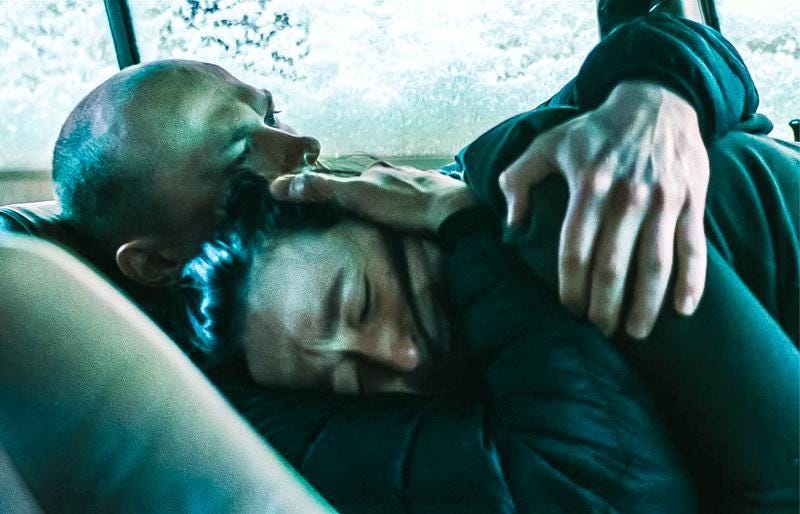
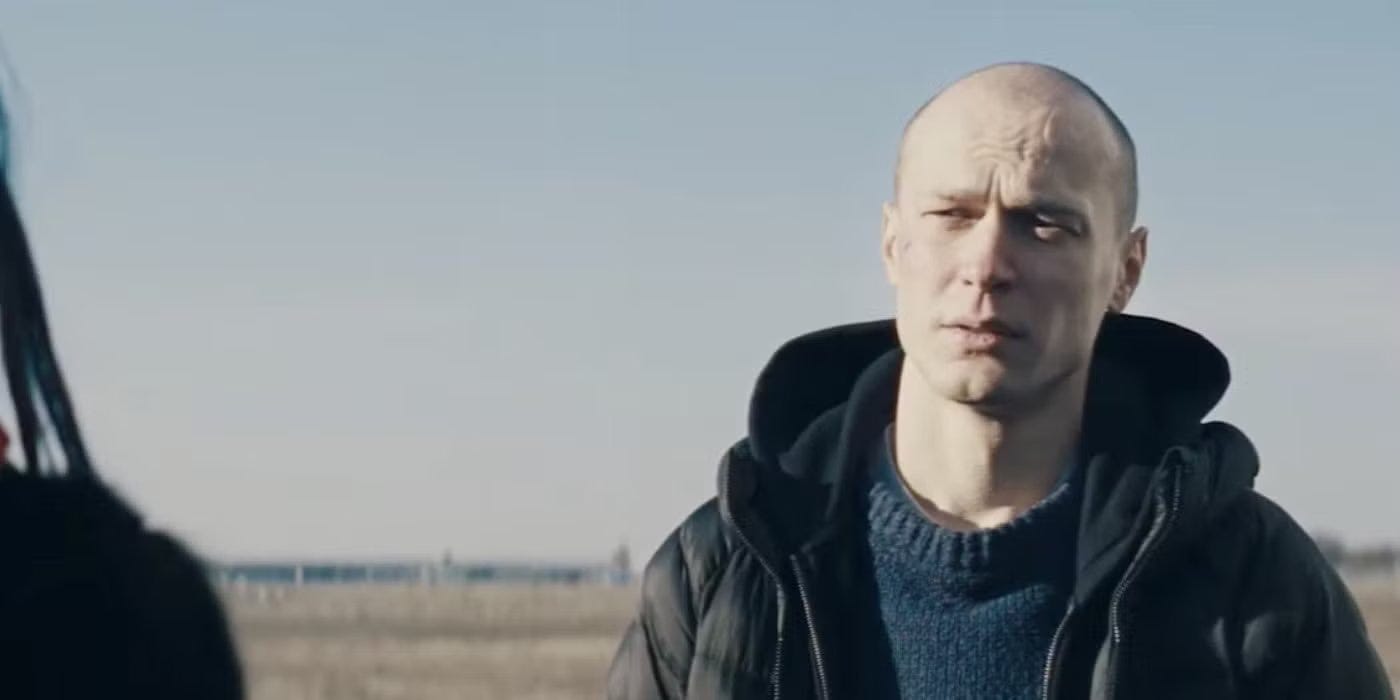
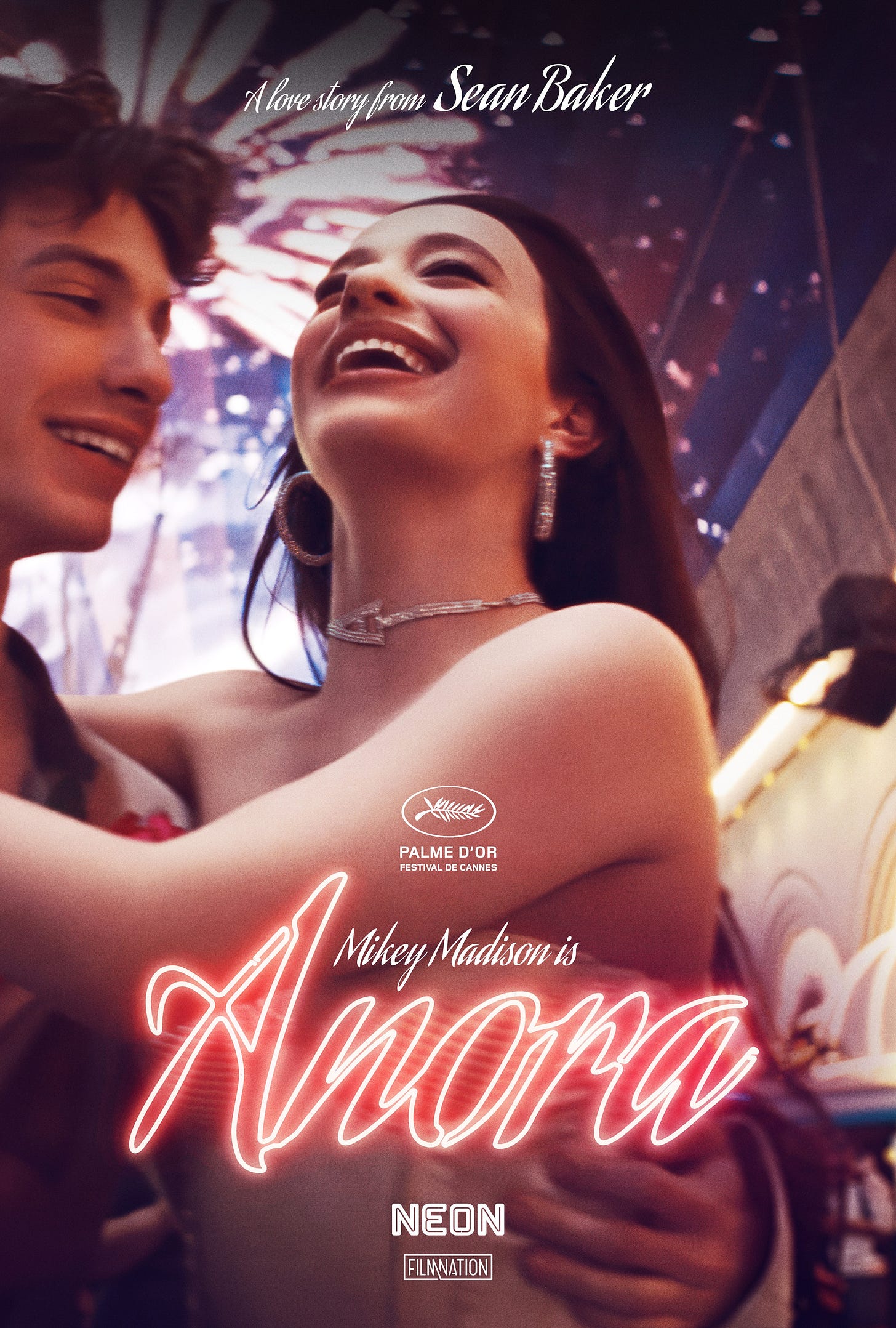
Thought you might get a kick out of the Anora perspective in this: https://open.substack.com/pub/youllfeeldifferentinthemorning/p/march?r=atwct&utm_campaign=post&utm_medium=web&showWelcomeOnShare=false
also loved your piece on Nosferatu <3
I am not certain about the engagement with "Anora" based on fidelity to the nature of sex work. But I did find it hard not to watch the movie within the framework of Sean Baker's other movies. They all seem to focus on people who have been used and abused by their participation in contemporary capitalist structures, and who are trying to solve this problem by creating their own, near-identical capitalist structures. Baker indulges in two ideas: 1) Capitalism will always hurt someone, and 2) The characters in his films are too dumb enough to not be that one person, which is where the comedy lies.
That's thorny in and of itself, because, by depicting the boot crushing the less fortunate (particularly unprotected sex workers), are we Implicitly honoring said boot? Because the boot doesn't do "morals". The boot sees depiction as endorsement, and too many people (at least in America) are inclined to blindly support the boot under the assumption the boot is never wrong (and/or is literally guided by God).
I kind of wish Brady Corbet and Sean Baker could have traded movies this Oscar season. Would love to see Baker's "The Brutalist" and Corbet's "Anora".
Fromtheyardtothearthouse.substack.com